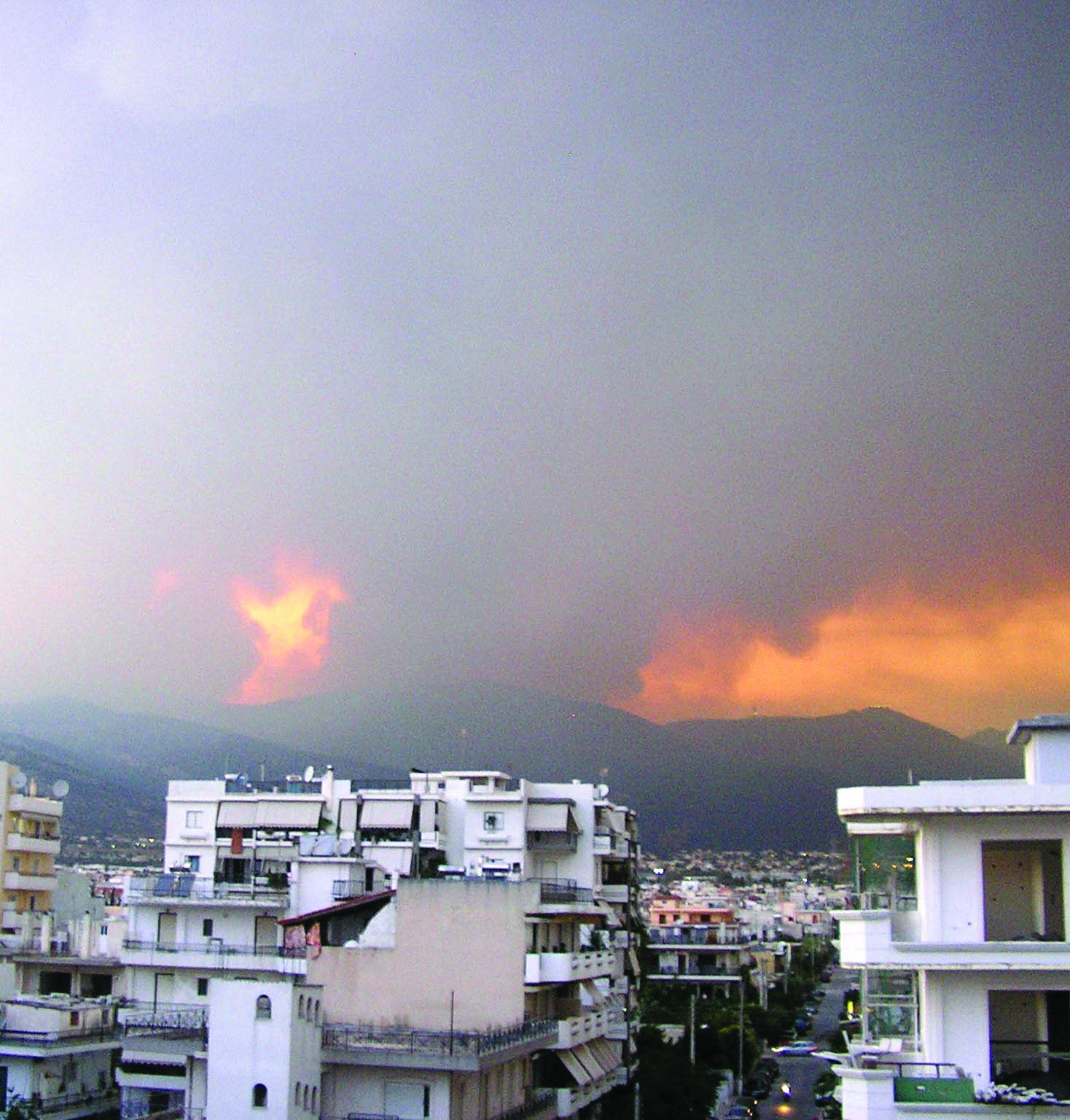More than 90 deaths, including infants, and over 150 injured. Dozens of people made homeless, 2,000 properties destroyed or damaged, and incalculable destruction of forests and forestry land. This, so far, is the result of the devastating fires that recently took place in Attica, Greece.
The Syriza-led coalition government has been attacked for its slow and wholly inadequate response – the clear consequences of years of deep austerity cuts that have crippled the country’s firefighting capabilities. Last year’s fire service budget was €354 million, compared to €452 million in 2009.
Defence minister Panos Kammenos, who visited the affected area, was heckled by distraught survivors accusing him of abandoning them, and of non-existent civil protection despite similar fires in 2007. Xekinima (CWI Greece) reports on the aftermath.
In one afternoon, at least three large fires took hold in Attica, and 15, in total, throughout the country. The dimensions of this tragedy recall the fires in 2007 when dozens of people died and many forests burned in the Peloponnese and Parnitha.
The simultaneous number of fires and the places and times when they began, has led to people asking what caused such damage.
The government already speaks, directly or indirectly, of arson. Prime Minister Tsipras talks about an “asymmetric phenomenon”.
But the question really should be: Is this tragedy caused only as a result of some people, for whatever reason, starting fires? Can the government justify the magnitude of the damage by claiming that it is an “asymmetric phenomenon”? The real question, surely, should be, what is the government doing to protect the country and its forests from such threats?
Regardless of what is proven later, there is an undeniable reality: the deficiencies and cuts suffered by both firefighters and the Forestry Service, both in human resources and in materials. This has meant that the firefighting response faces more difficulties, if not an impossible situation.
In 2007, firefighters protested that 29% of posts in the fire department were not filled. They also said that much of their equipment and fire extinguishing materials were obsolete and defective.
During the last great fires in 2007, firefighting vehicles were damaged on the way to extinguish the fires, water hoses had holes in them, and there was a lack of personal protective equipment for firefighters.
Eleven years later and after several austerity ‘memoranda’ imposed by the Troika (European Central Bank, International Monetary Fund and the European Union), the situation is even worse.
Catastrophic as this situation is, it is worth mentioning a much more hopeful aspect – the great solidarity and willingness to help that hundreds of people demonstrated. Teams of forest protection volunteers, who were provided nothing by the state, were formed to help extinguish the fires alongside firefighters and forest rangers.
Calls were made on social networks for resources to cater for those affected by the fires, and the response was massive. Medical doctors volunteered to treat the wounded.
Veterinarians and animal welfare activists are attending to domestic and wild animals.
Starting from this wave of solidarity, we have to, bit by bit, regain our collective strength and enter again into the struggle to end the policies that have led to this tragedy.
This means completely transforming a system that puts the profits of banks and large companies above our lives and the environment.









